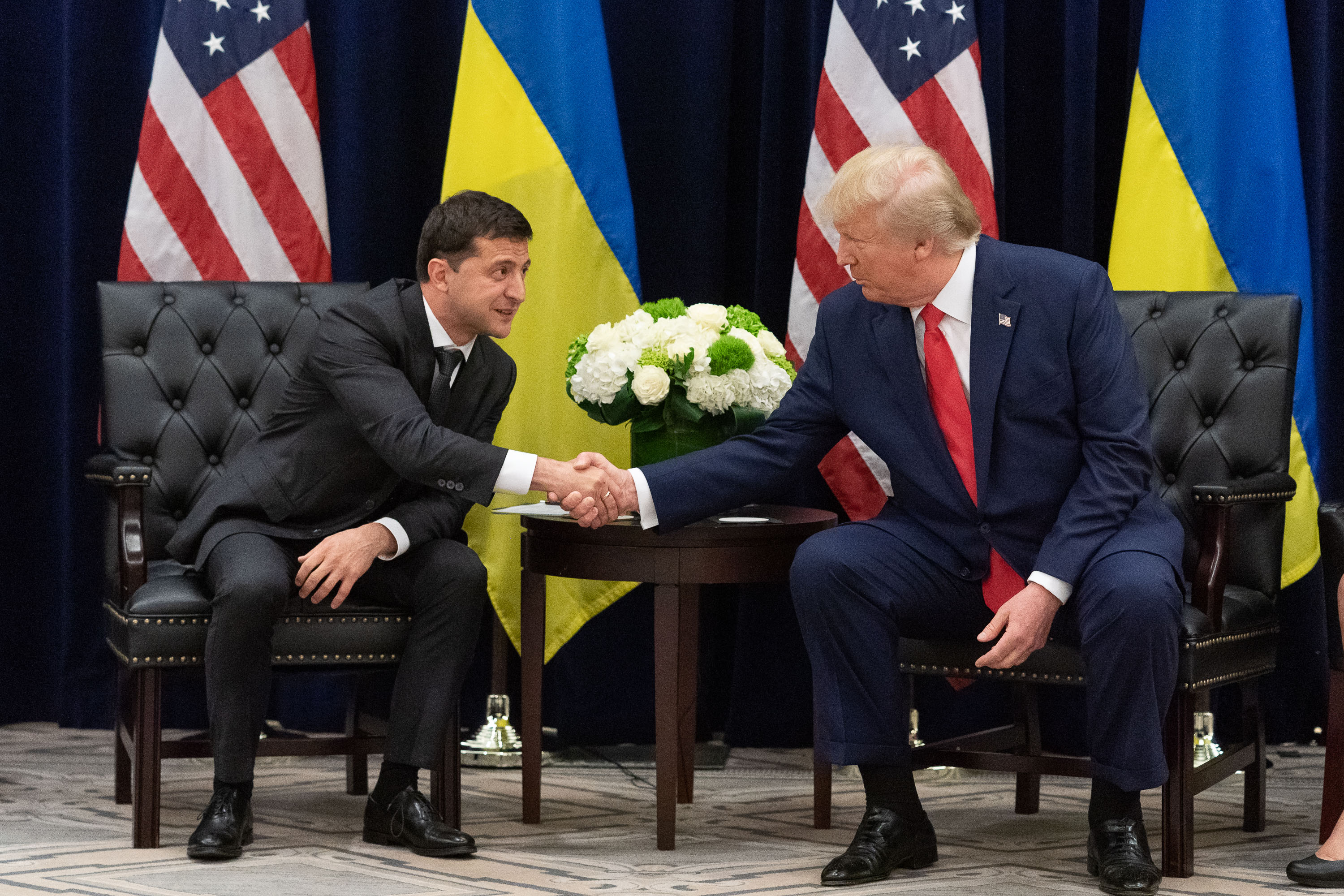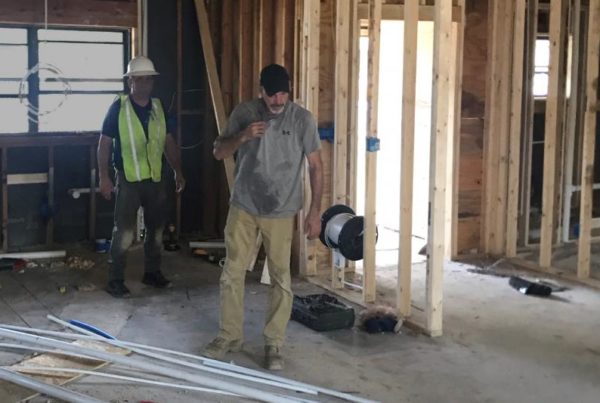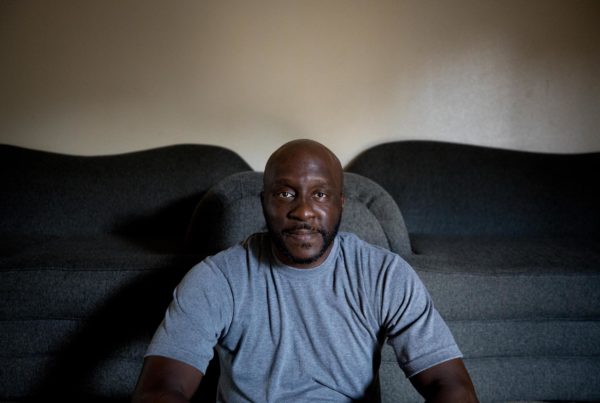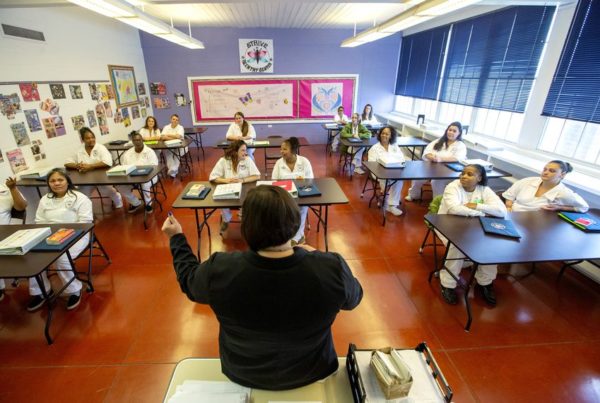On Thursday, the House Intelligence Committee held a hearing to investigate a whistleblower complaint against President Donald Trump. It’s the first step in a formal impeachment inquiry that House Speaker Nancy Pelosi set in motion Tuesday. The committee began by questioning Acting Director of National Intelligence Joseph Maguire.
Brandon Rottinghaus, professor of political science at the University of Houston, says the hearing is all about credibility: Democrats are trying to establish that the whistleblower is a credible source and followed the law, while Republicans are asking whether the complaint warrants investigation at all.
“If the president and the White House chose to somehow involve themselves in some kind of a cover-up to prevent the whistleblower’s complaint from coming out, then it could be part of the articles of impeachment against the president,” Rottinghaus says.
Rottinghaus on whether a transcript of Trump’s call with Ukrainian President Volodymyr Zelensky exists:
[The White House has] been reluctant to keep detailed records because there are, obviously, legal implications to having such transcripts floating around. Nixon learned that firsthand. So, what we have [now] is basically a summary of it, and there are some parts of it that are missing.
On what’s missing from the summary of the phone call the White House released Wednesday:
There are ellipses that are in parts where either it wasn’t clear what the intention was, or maybe the follow-up to the statement didn’t get recorded. So, it’s an imprecise measure, but it does suggest that at least there is evidence that something is there.
On common threads among presidential scandals:
When there’s stonewalling from the White House, it typically means there’s some kind of a truth to the allegations. I think the White House has straddled that line between trying to get information out there as much as they can and withholding some things that they feel may be more culpable for the president.
On Trump mentioning former Texas Gov. Rick Perry during the phone call:
The White House sent Rick Perry instead of sending the vice president to the inauguration of President Zelensky in the Ukraine. The purpose, it was said, was that until they’re sure of how Zelensky will ‘act’ … in office, they were gonna basically withhold their full-scale embrace.
On an alleged quid pro quo agreement between Trump and Zelensky:
The biggest problem for the Democrats will be to try to prove that the quid pro quo existed. And so every little piece of evidence that suggests that is definitely gonna be part of that story.
On whether the hearing helps further the whistleblower investigation:
I think there is traction. … I think that any time there’s a discussion about this cover up or this collusion effect, it’s a problem for the White House. People don’t like the process argument – the fact that DNI [Director of National Intelligence] may have followed the law isn’t enough for people.
Written by Caroline Covington.














